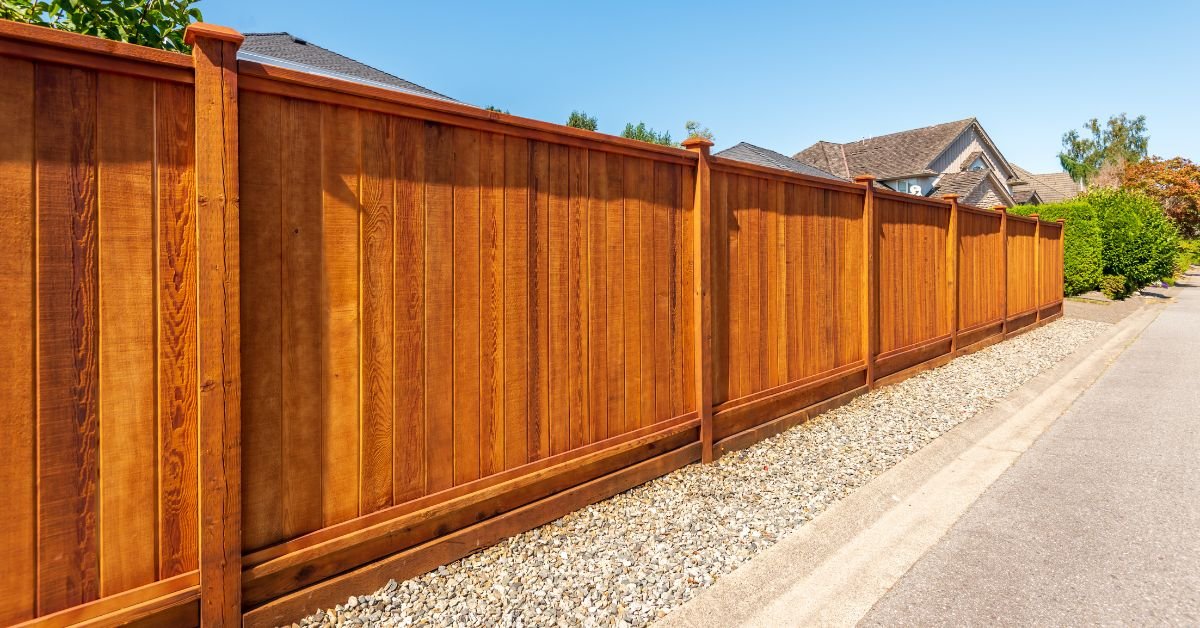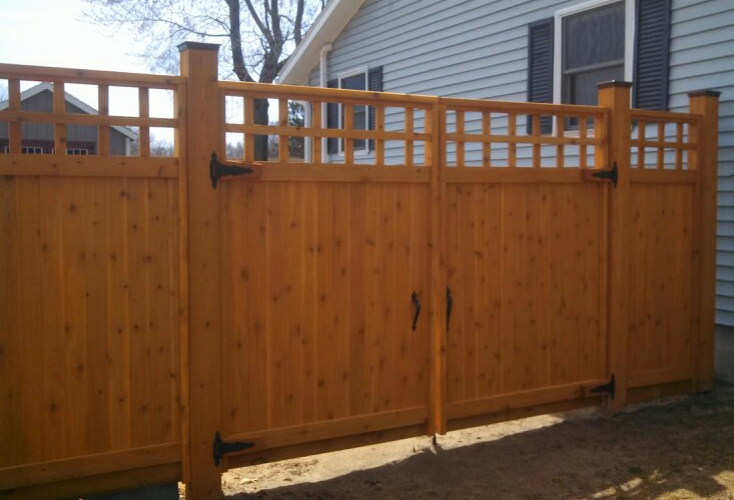All Categories
Featured

When preparing to install a fencing around your residential property, among the very first steps is comprehending the permitting demands in your area. While the process might seem simple, local regulations can vary substantially depending upon where you live. Protecting the proper licenses before beginning the installment is important to prevent possible penalties, disputes with neighbors, or also having to eliminate your fencing. Right here's what you require to find out about acquiring the needed licenses for your fencing installation.
Why Do You Required a License for a Fence? A permit is frequently needed for fence installations to ensure conformity with neighborhood structure codes, zoning laws, and safety and security guidelines. Permitting aids regional authorities maintain uniformity in community appearances, security, and ecological factors to consider. It likewise guarantees that the fence does not conflict with utility lines or public rooms, which it sticks to elevation and limit constraints.

Typical Permits Needed for Fence Installation. Structure Permit. The majority of areas require a building permit for fence installment, specifically if the fence exceeds a particular elevation (usually over 6 feet) or is made from non-standard products. This authorization makes sure that your fence complies with local building ordinance. In some locations, the structure division will examine the site to make certain that the fence satisfies safety and architectural requirements.
Zoning Permit. Zoning authorizations are developed to make certain that your fencing follows local zoning laws, including setbacks from property lines, easements, and rights-of-way. Zoning regulations differ from city to city, and sometimes, your fencing might require to be set back a specific variety of feet from the sidewalk or roadway. A zoning authorization might additionally be necessary if your fencing is in a historical district or other specially assigned areas.

Fence Authorization. In some places, a particular "fence authorization" may be called for. Some cities restrict chain-link fencings in front yards or have specific rules for personal privacy fences.
HOA Authorization. You may need approval before setting up a fencing if your home is component of a property owners association (HOA) HOA standards commonly consist of specific rules concerning the kind, elevation, shade, and products for fencings to maintain the neighborhood's aesthetics. HOA policies can be stricter than city codes, so constantly examine their guidelines before moving on.
Easement or Energy Permits. If your fencing will be near or across an easement (such as an energy easement), you may require to obtain approval from the utility business or other entities that control the land. This is particularly crucial if you prepare to dig for fencing articles, as it guarantees you won't damage underground utilities like gas, power, or water lines.
How to Locate Out What Allows Are Required. The best method to figure out which permits are needed for your fence installment is to call your neighborhood building department or community office. They can provide you with details info regarding demands in your location. Right here are a few actions you can require to learn:
Inspect the City or Area Internet site: Several neighborhood governments offer details about fence installation allows online. Look for building or zoning areas on their website. Call or See Local Government Workplaces: If the info is not conveniently available online, calling or checking out the local workplace face to face can clarify what's required. Get In Touch With a Professional Professional: If you're uncertain or overwhelmed by the process, a local service provider or fence setup company can assist in browsing the allowing process, as they know with neighborhood regulations. What Takes place If You Do Not Obtain a Permit? Falling short to acquire the required authorizations can result in a variety of effects. In many areas, you might deal with fines, and your fencing may be gotten to be eliminated. In addition, if you sell your property in the future, the absence of appropriate permits could be a warning for customers and affect the sale. Allowing makes sure that your fence is compliant and assists stay clear of future complications.
Final thought. Before setting up a fence around your residential property, it's vital to examine whether an authorization is needed in your area. Structure authorizations, zoning licenses, HOA approval, and utility authorizations may all contribute in your fencing setup procedure. Putting in the time to study and acquire the required licenses will certainly not just ensure that you're following regional policies, but likewise assist safeguard your investment and keep the stability of your residential property.
Latest Posts
The Top 5 Mazda SUVs for Family Adventures in Arizona
Published Dec 19, 24
2 min read
Expert Residential Roofing Services in HD
Published Dec 19, 24
1 min read
How Car Fixing Shops Diagnose Electrical Troubles in Modern Automobiles
Published Dec 19, 24
0 min read